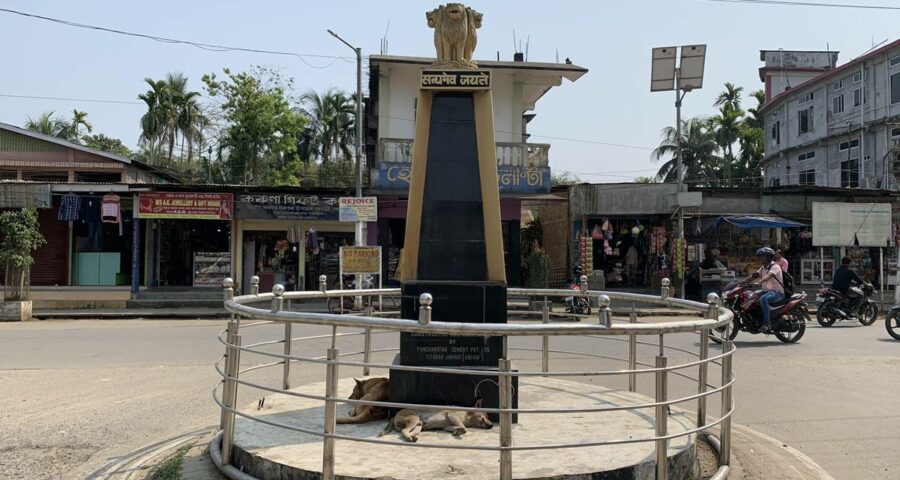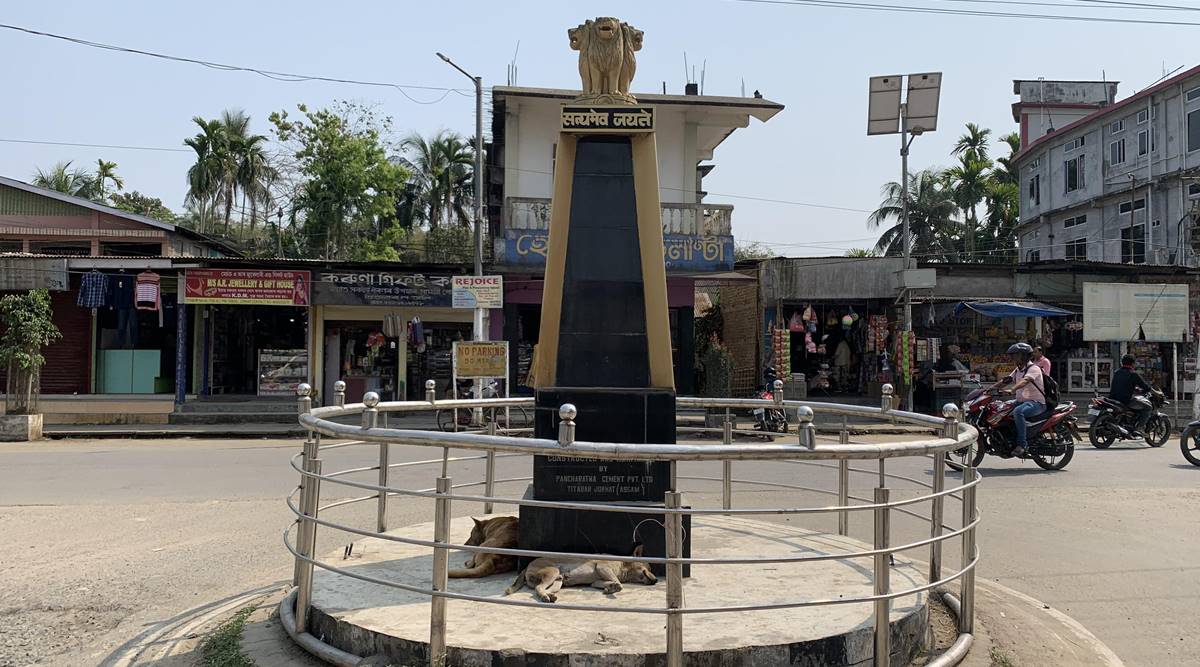As the party fights for an Assam comeback without a CM face, Titabor fears being left further behind.
Monday morning finds Moushumi Gogoi, a resident of Gohaingaon village in Assam’s Jorhat district, chatting away at a tea stall. But ask her about the elections, and her smile falters. “We wanted Gaurav da,” says Moushumi, a booth-level Congress worker. “He’s the obvious choice, he’s Tarun Gogoi’s son, after all.”
The previous evening, the Congress announced its candidate for the Titabor constituency — represented for two decades by former Assam chief minister Tarun Gogoi, who died in November last year. The ticket went not to Gaurav but Bhaskar Jyoti Barua, a local businessman and first-time politician.
Daily briefing | The stories you need to start your day with
Moushumi isn’t the only one feeling “a little bad”. On Monday, Gaurav, who is currently MP from Kaliabor, tweeted: “My relationship with the people of Titabor is beyond politics… I request all Congress party workers to canvass in favour of Bhaskar Jyoti Baruah and ensure the victory of the Indian National Congress.”
The passing away of Gogoi Senior has left the Congress without a chief ministerial face, and the void is most apparent in this Upper Assam constituency, that votes on March 27, in the first phase of the elections. With neither Gaurav nor his aunt Mitali Gogoi, the wife of Gogoi Senior’s brother and former Kaliabor MP Dip Gogoi, getting the ticket, the Congress may struggle to hold on to its stronghold.
Biki Gogoi, 34, a shopkeeper, says that while earlier, “it would be a 90-10 fight”, “Now, with Tarun Gogoi gone, it’s a 50-50 battle.”
What made Gogoi Senior so popular? Biki thinks for a while, before answering. “Trust. The trust this constituency had in him, no one can replace — not even Gaurav.”
Moushumi points out that the late leader was also “simple and polite”. “If anyone went to him and said they are from Titabor, he would make time to listen to them. Without him, it’s like Titabor is fatherless, an orphan.”
It was clearly a vote of emotion. While Gogoi is credited with having built two arterial roads (Na Ali and Gar Ali) connecting Titabor to district headquarters Jorhat, 20 km away, several others, like the historical Dhodar Ali, constructed during Ahom king Godadhar Singha’s reign, is still broken in patches.
“(There has been) hardly any development in the last five years,” says Rulee Saikia, a weaver from Sungi village near Titabor town.
However, with Gogoi as MLA, they still had hope, says the 28-year-old. “He was the Chief Minister, after all,” Saikia says.
The Titabor sub-division comprises two Assembly constituencies — Titabor and Mariani. Home to the Regional Agricultural Research Station, the area is often referred to as the rice hub of Assam. Its 15,05,089 electorate form part of the larger Ahom belt of Upper Assam, the same ethnic community the Gogoi family belongs to.
In Titabor, almost every other building bears Gogoi’s name, including a smriti stambha right at its entrance.
This is what Congress candidate Baruah is banking on. “It is undeniable that the Congress has a good foundation here,” he says. “Of course, Tarun Gogoi sir can never be replaced. But also to my advantage is the fact that I am, like him, a Titabor local.”
While the BJP’s Hemanta Kalita, in contrast, is from Jorhat, he does not think it will harm him. “It is about the relationship you have with people,” he says, noting that he was the AGP’s Titabor MLA from 1996 to 2001 (he joined the BJP in 2014). “Moreover, we have given so many developmental schemes.” More than the absence of Tarun Gogoi, the benefits the BJP has given will be at play, Kalita adds.
On that, there is some agreement. Tridib Bordoloi, a jeweller, says, “He (Kalita) gave jobs when he was MLA… With the BJP as a whole now there are more jobs, less corruption.”
About the Citizenship (Amendment) Act, Bordoloi says, “The CAA isn’t much of an issue now, at least electorally.”
Source: Read Full Article


